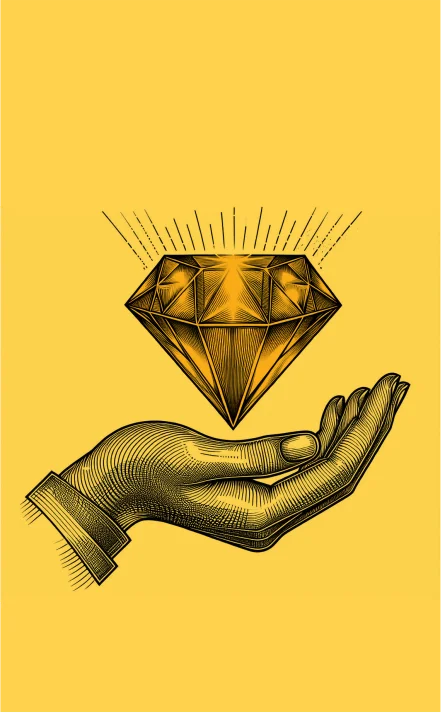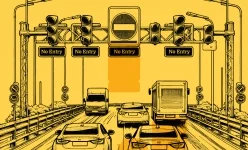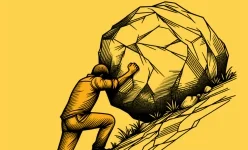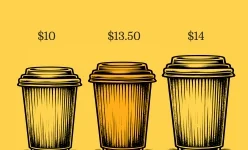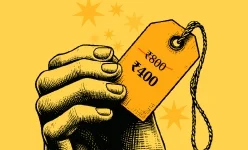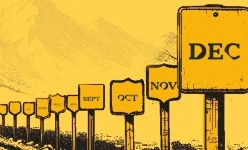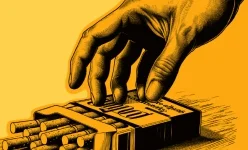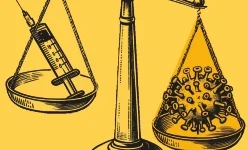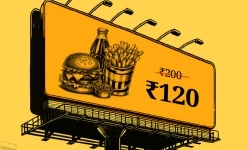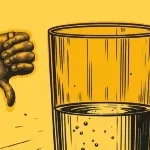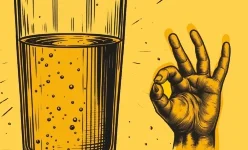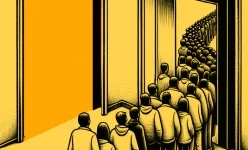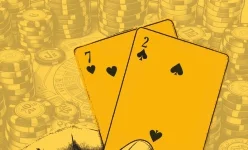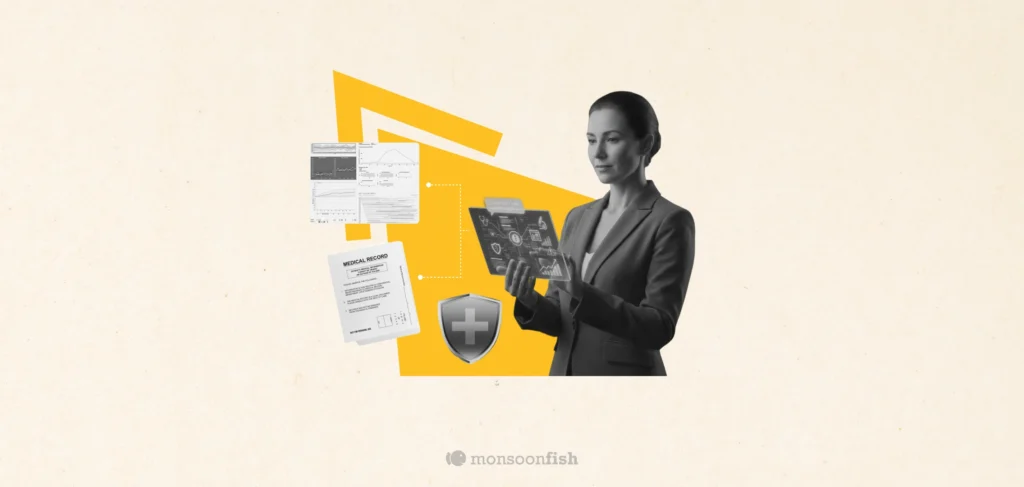Saisha was scrolling through an online clothing store when a red banner flashed across the screen: “Only 2 left in stock!” for a brown leather jacket. Her heart raced. She hadn’t even been looking for a jacket, but suddenly, she felt an urgent need to buy it.
Without much thought, she clicked Add to Cart and checked out. A few days later, the package arrived, and Saisha eagerly tried on her purchase. The jacket was… fine. It wasn’t her style, and she wasn’t sure when she’d even wear it. Yet, at the time, the fear of missing out had made it feel like a must-have.
Weeks later, she was out shopping with her friend Jaya, who picked up a simple black dress from a store rack. Saisha glanced at the neatly arranged pile of identical dresses and shrugged. “It’s nice, but it’s everywhere,” she said.
Jaya raised an eyebrow. “So? It’s still a great dress.”
Saisha hesitated. She had dismissed the dress simply because it was readily available. Just like she had overvalued the jacket simply because it had been scarce. She realized that sometimes, the most delightful choices aren’t the rarest ones but the ones that truly suit her.
This is Scarcity Bias in action which is the tendency to assign greater value to things that appear limited, even when their actual worth hasn’t changed. The illusion of scarcity makes us act impulsively, while abundance can lead us to overlook perfectly good options.

